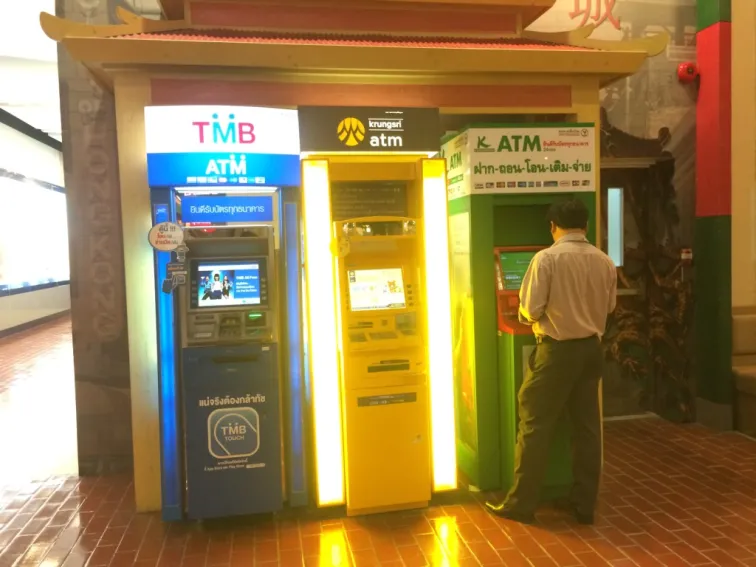
Thai banks' asset growth hit new cycle low in March
No thanks to the sharp drop in interbank and derivative assets.
According to BMI Research, the Thai banking sector is going through a benign deleveraging process, with total assets relative to GDP continuing to decline due to a combination of robust real GDP growth and weak demand for credit due to a highly leveraged consumer sector.
Here's more from BMI Research:
Total asset growth hit a new cycle low in March, coming in at 0.0% y-o-y. The main cause of the stagnation in March was a sharp drop in interbank and derivative assets, but the overall slowdown in asset growth reflects the continued decline in lending growth, which came in at just 2.9% y-o-y.
Loans to individuals, in particular, have been slowing sharply due in large part to the drop in lending for cars andmotorcycles after the sector saw a surge in debt from 2005 to 2013. Loans to domestic banks and financial institutions continue to contract, meanwhile.



















 Advertise
Advertise











